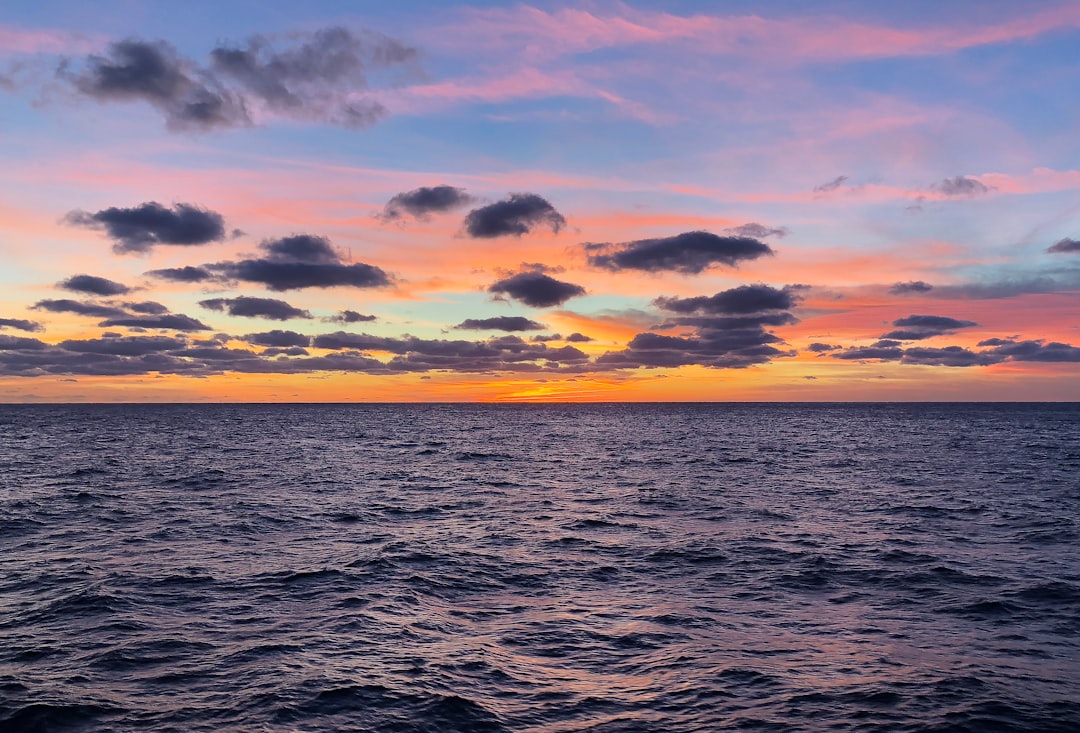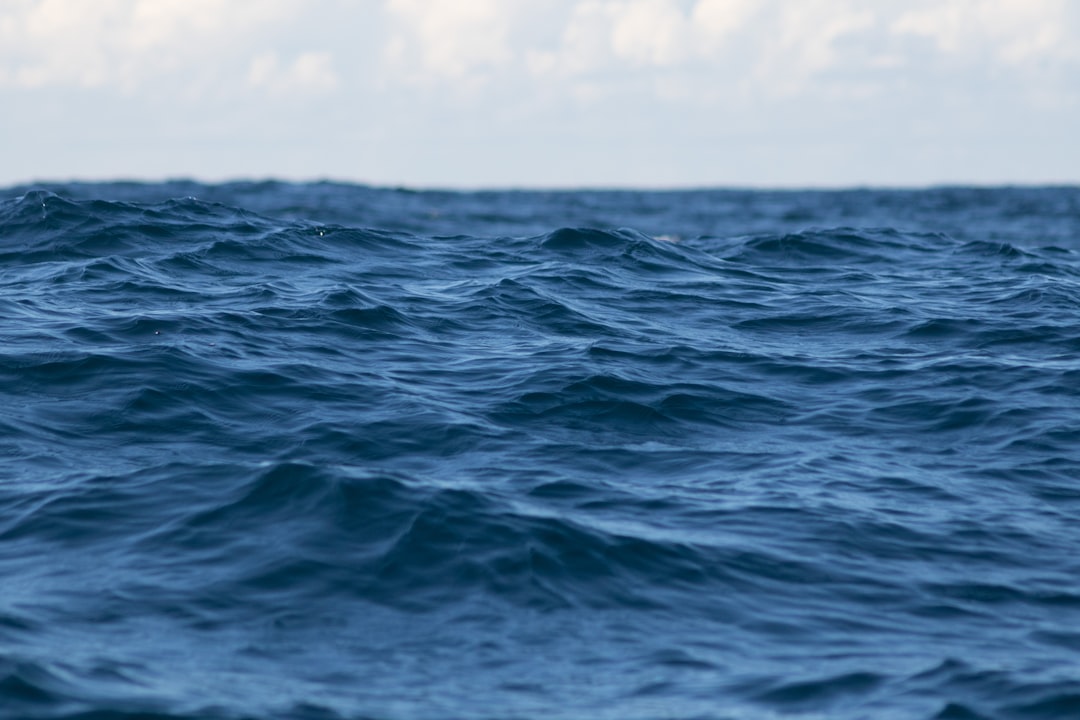Atlantic Ocean vs. Pacific Ocean
What's the Difference?
The Atlantic Ocean and Pacific Ocean are two of the largest bodies of water on Earth, but they have distinct differences. The Atlantic Ocean is smaller and shallower than the Pacific Ocean, and it is known for its strong currents and frequent hurricanes. In contrast, the Pacific Ocean is the largest and deepest ocean in the world, and it is home to the infamous "Ring of Fire" where many earthquakes and volcanic eruptions occur. Despite their differences, both oceans play a crucial role in regulating the Earth's climate and supporting a diverse range of marine life.
Comparison

| Attribute | Atlantic Ocean | Pacific Ocean |
|---|---|---|
| Location | Between Europe, Africa, and the Americas | Between Asia and Australia/Americas |
| Size | 106,460,000 square kilometers | 165,250,000 square kilometers |
| Deepest Point | Puerto Rico Trench (8,376 meters) | Mariana Trench (10,994 meters) |
| Temperature | Varies from 0°C to 30°C | Varies from -1°C to 30°C |
| Salinity | 3.5% | 3.4% |

Further Detail
Location and Size
The Atlantic Ocean is the second-largest ocean in the world, covering approximately 41,100,000 square miles. It is bordered by North and South America to the west and Europe and Africa to the east. The Pacific Ocean, on the other hand, is the largest and deepest ocean on Earth, spanning about 63,800,000 square miles. It is surrounded by Asia and Australia to the west and the Americas to the east.
Temperature and Climate
The Atlantic Ocean generally has warmer surface temperatures compared to the Pacific Ocean. This is due to the Gulf Stream, a warm ocean current that flows from the Gulf of Mexico into the North Atlantic. The Pacific Ocean, on the other hand, experiences a wider range of temperatures due to its vast size and varying currents. The climate in the Atlantic Ocean tends to be more moderate, while the Pacific Ocean can experience extreme weather patterns such as typhoons and hurricanes.
Marine Life
Both the Atlantic and Pacific Oceans are home to a diverse range of marine life. The Atlantic Ocean is known for its rich biodiversity, with species such as whales, dolphins, and various types of fish inhabiting its waters. The Pacific Ocean, however, is even more diverse, with a larger number of species including sea turtles, sharks, and coral reefs. The Pacific Ocean's coral reefs are particularly famous for their beauty and ecological importance.
Human Activity
The Atlantic Ocean has been a major route for trade and transportation for centuries, with many major ports located along its coastlines. It is also a popular destination for tourism, with beach resorts and cruise ships attracting millions of visitors each year. The Pacific Ocean, on the other hand, is less developed in terms of human activity, with fewer major ports and tourist destinations. However, it is still an important route for international trade, particularly between Asia and the Americas.
Geological Features
The Atlantic Ocean is relatively young in geological terms, with its formation dating back to around 200 million years ago. It is characterized by mid-ocean ridges and deep trenches, such as the Puerto Rico Trench and the Mid-Atlantic Ridge. The Pacific Ocean, on the other hand, is much older, with its formation dating back to around 200 million years ago. It is known for its Ring of Fire, a region of intense volcanic and seismic activity, as well as deep trenches like the Mariana Trench, the deepest point on Earth.
Environmental Concerns
Both the Atlantic and Pacific Oceans face a number of environmental challenges, including pollution, overfishing, and climate change. The Atlantic Ocean is particularly vulnerable to plastic pollution, with large amounts of plastic debris accumulating in the North Atlantic Gyre. The Pacific Ocean, on the other hand, is facing threats from ocean acidification, caused by the absorption of carbon dioxide from the atmosphere. Both oceans are also experiencing the impacts of climate change, including rising sea levels and coral bleaching.
Comparisons may contain inaccurate information about people, places, or facts. Please report any issues.